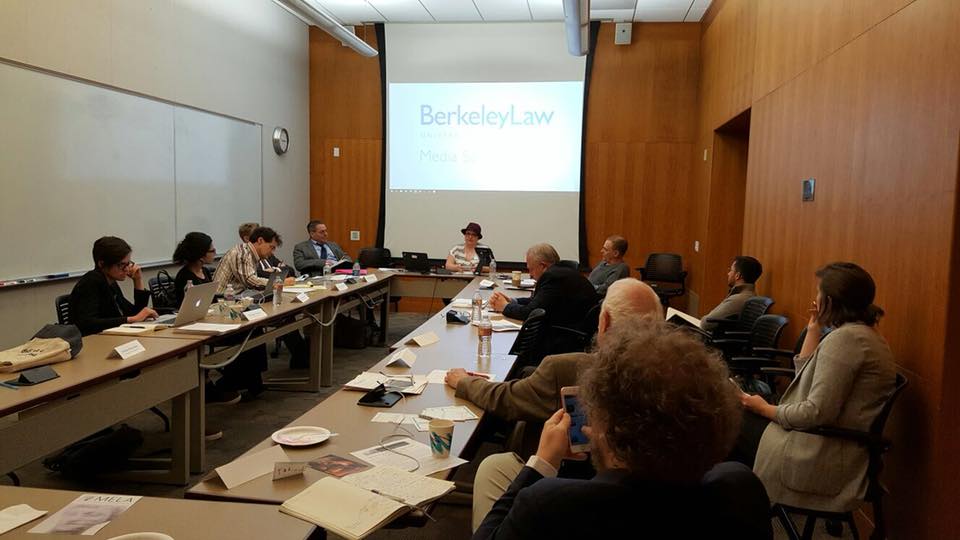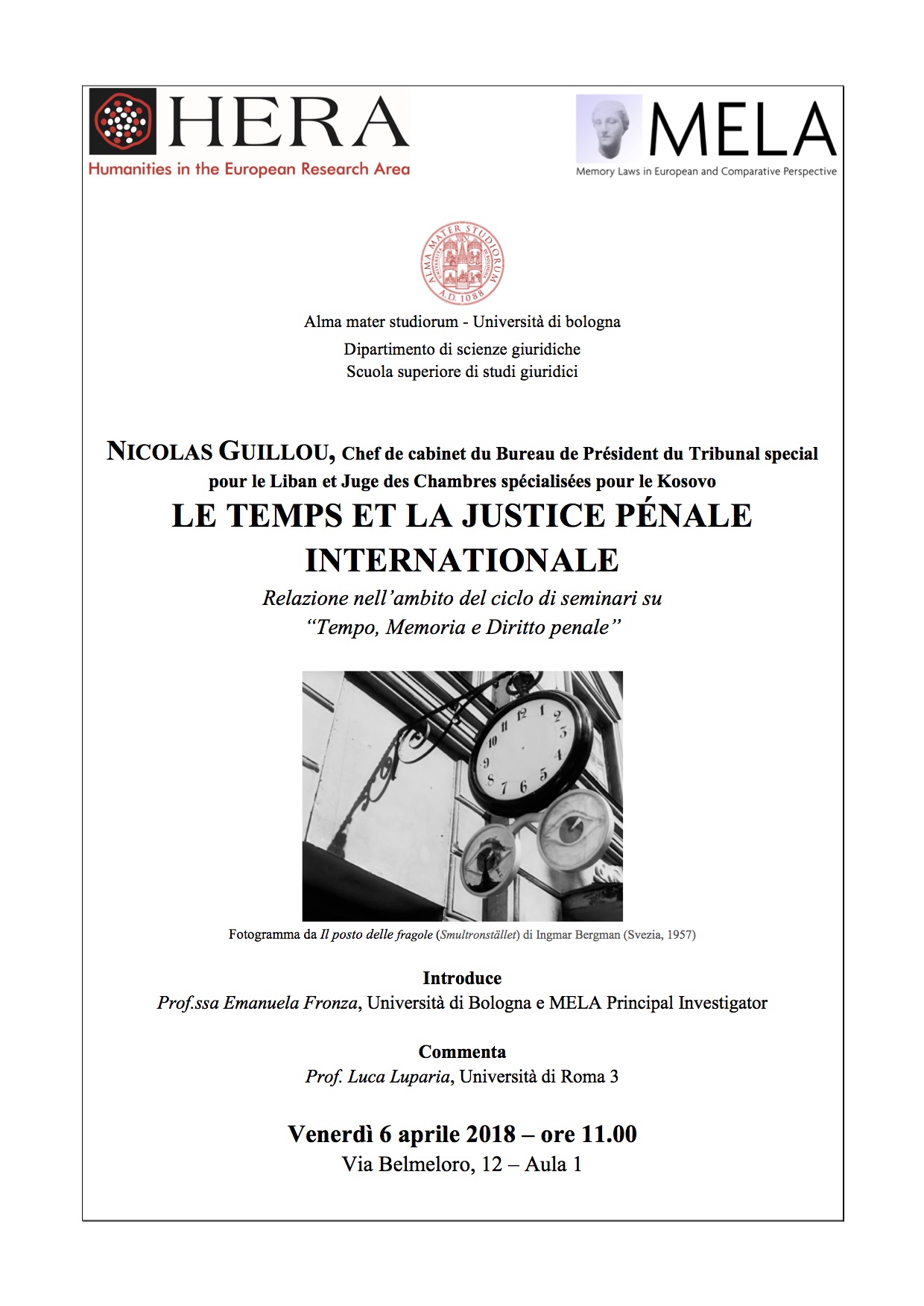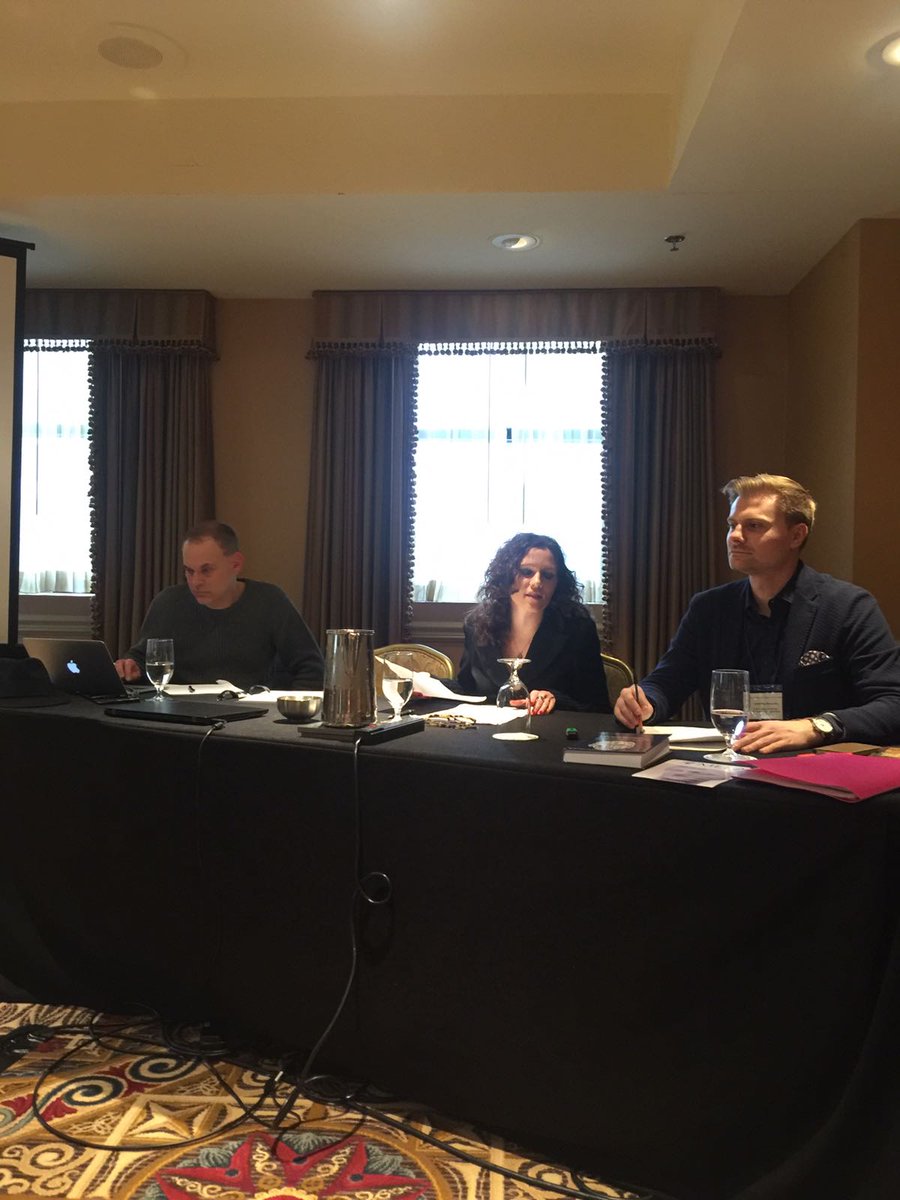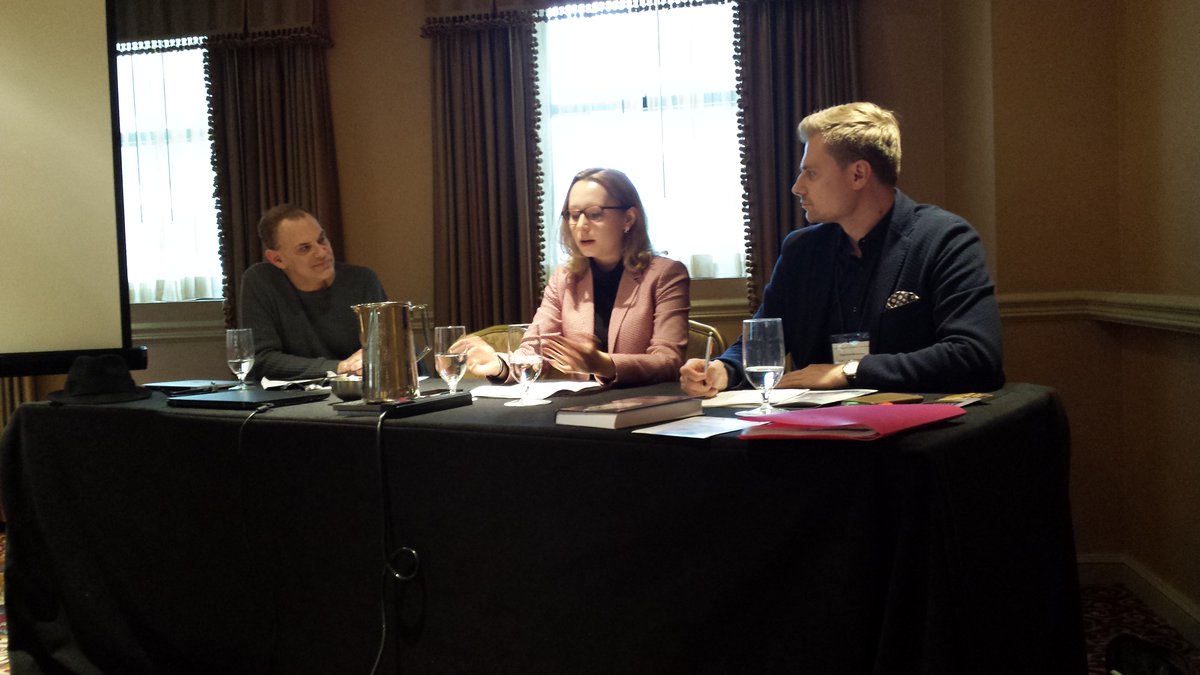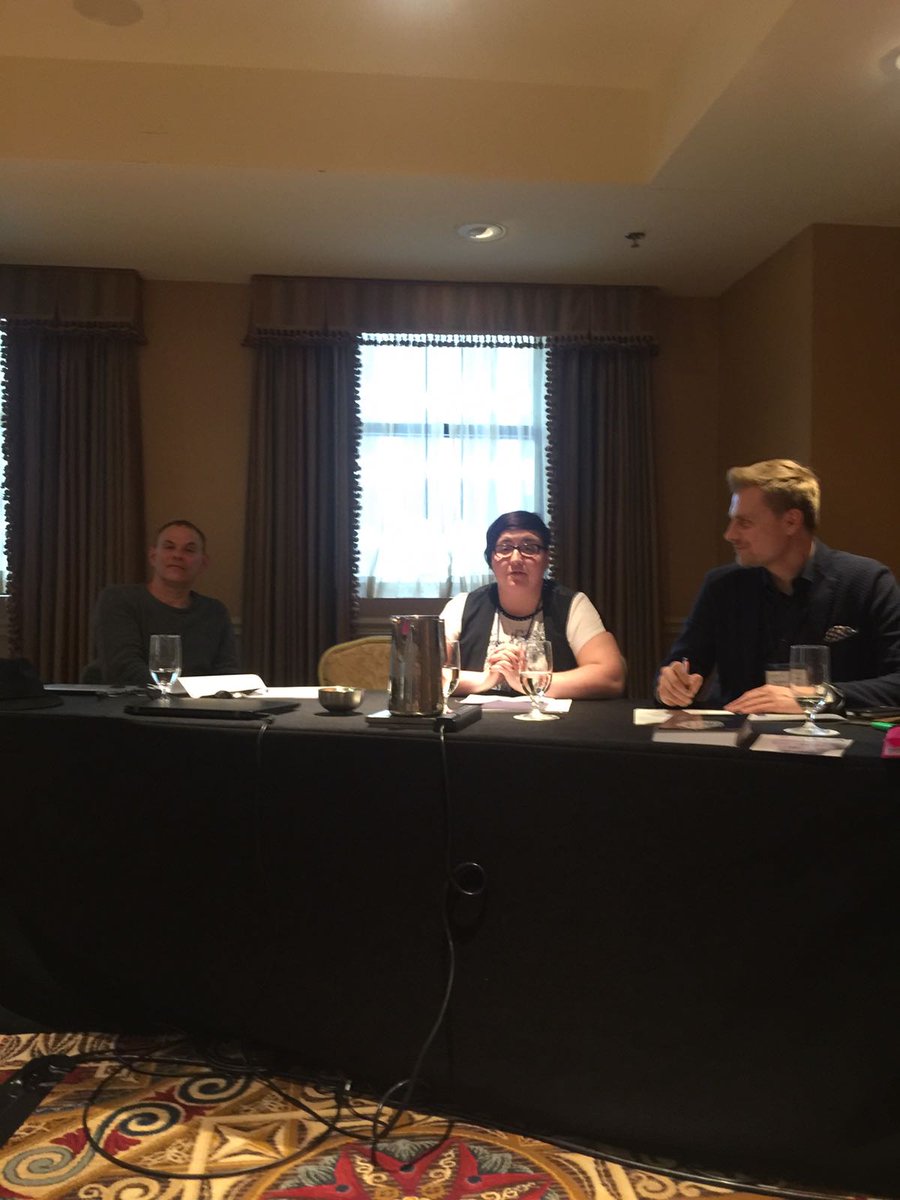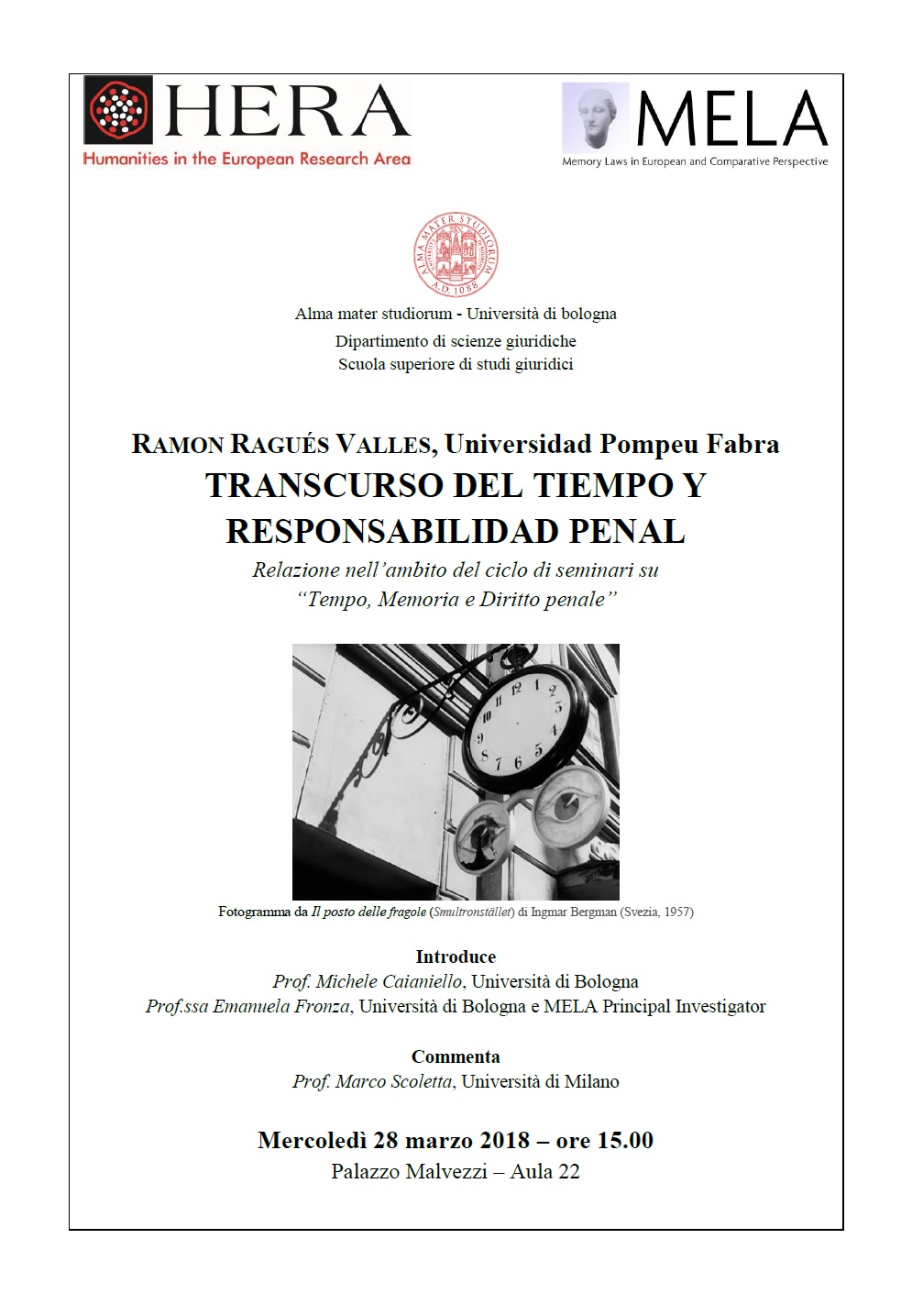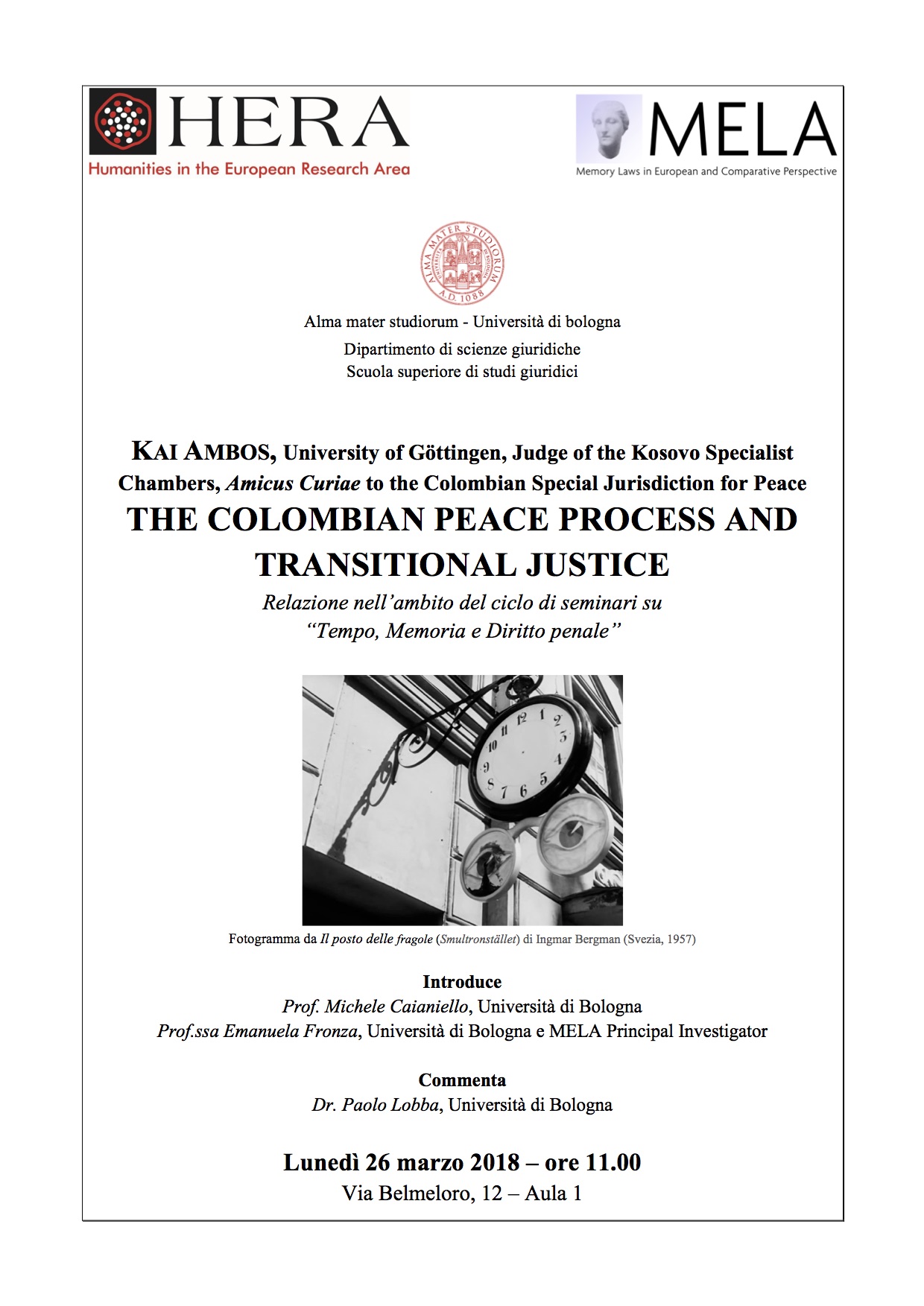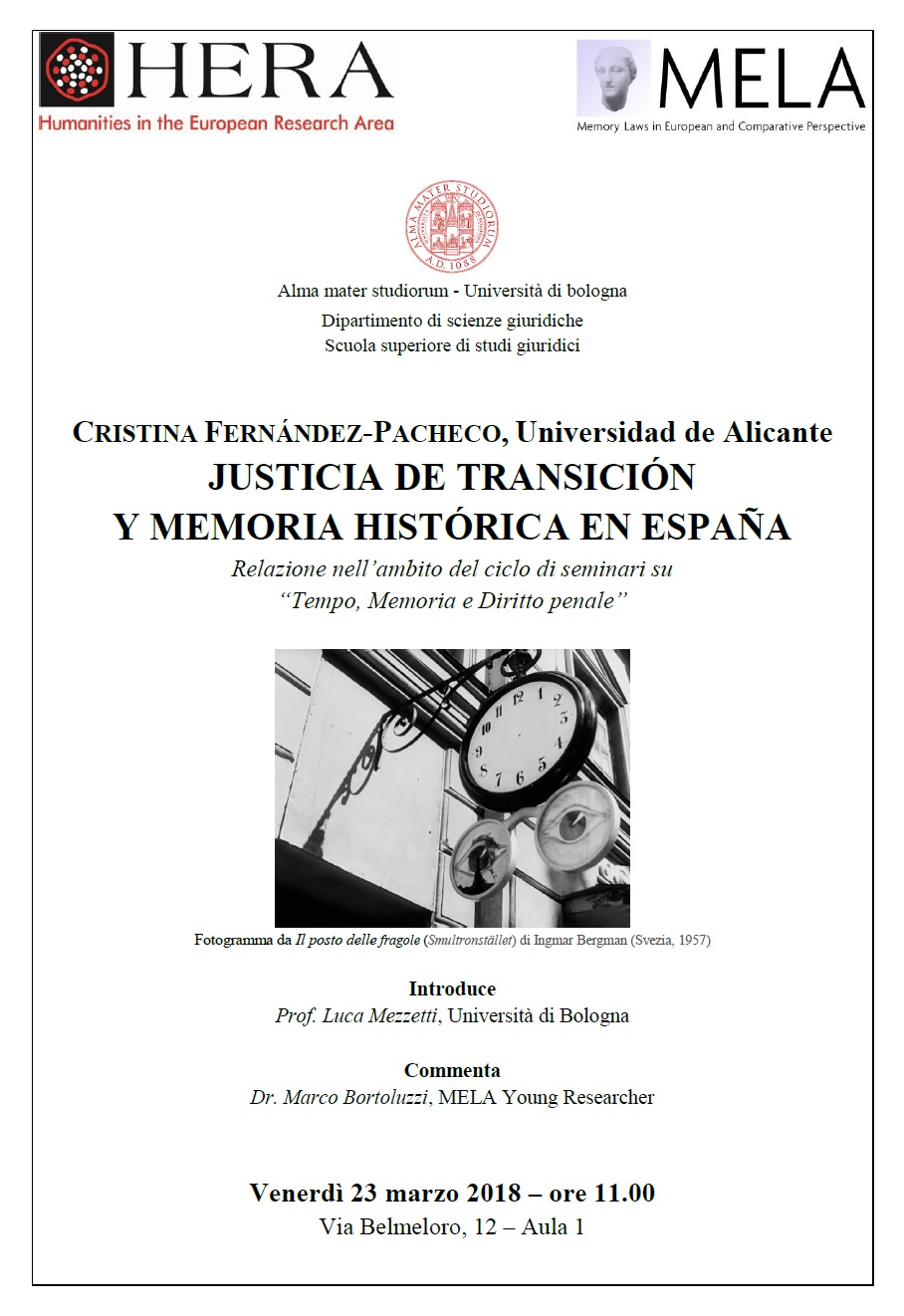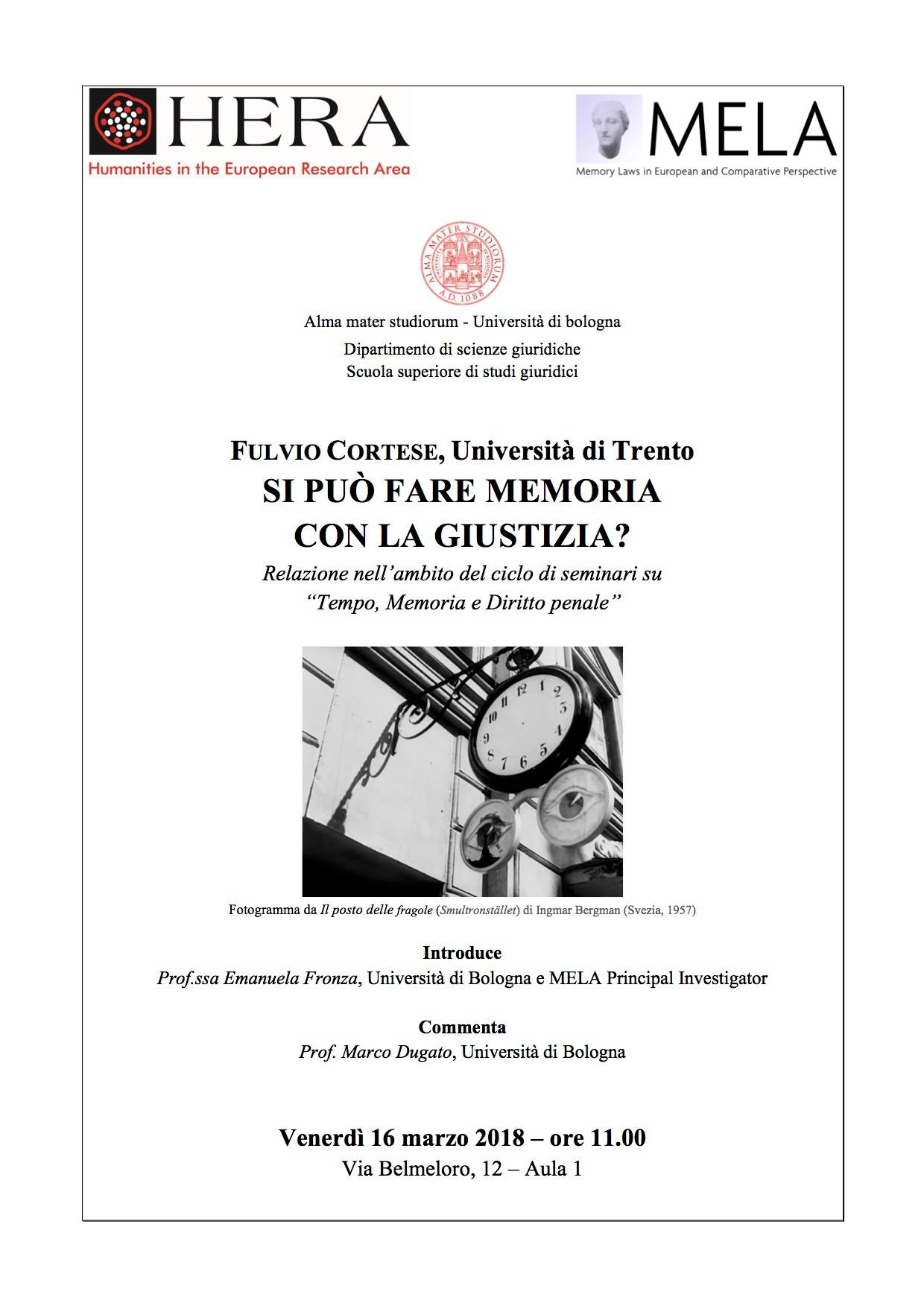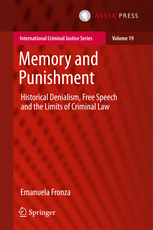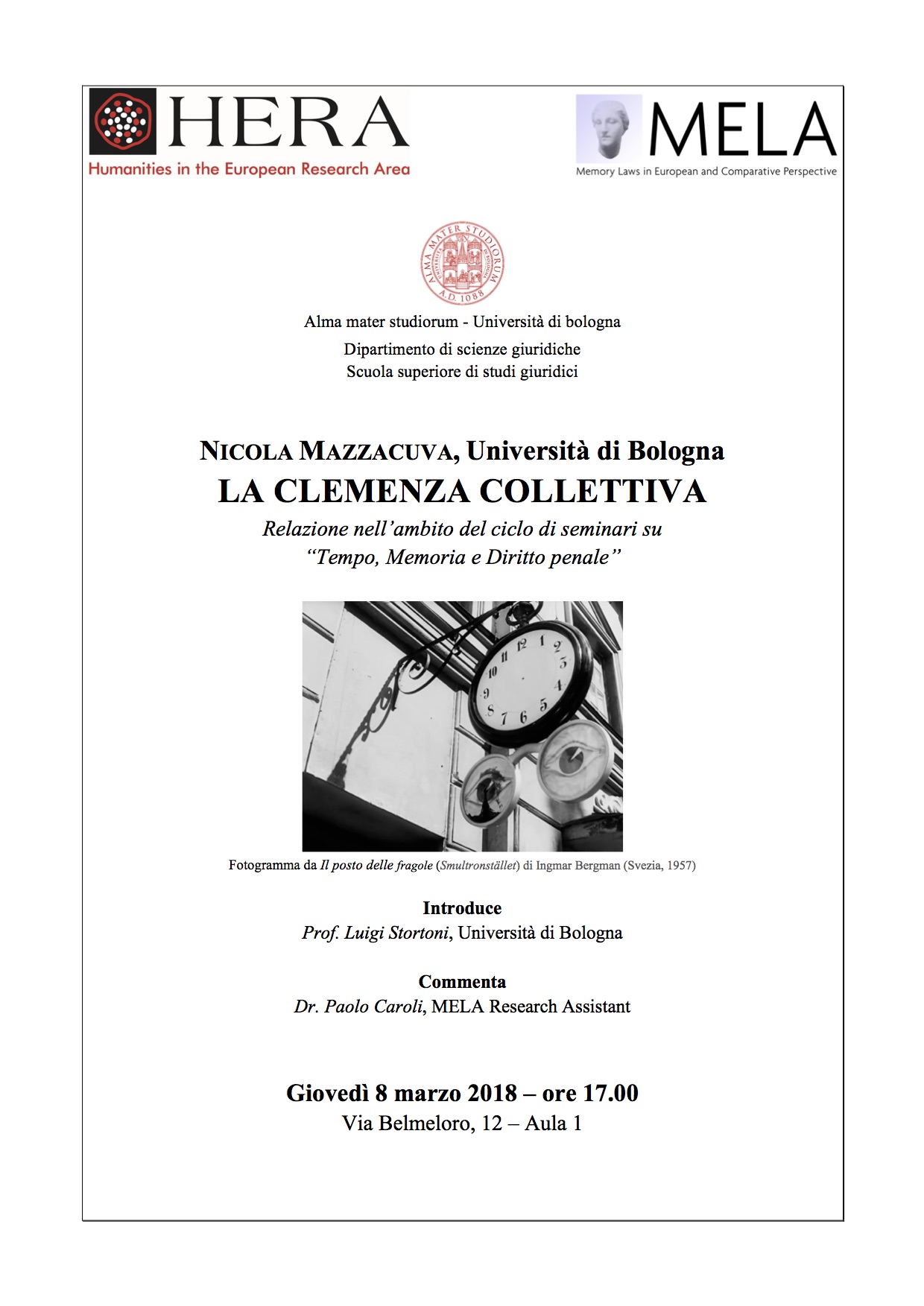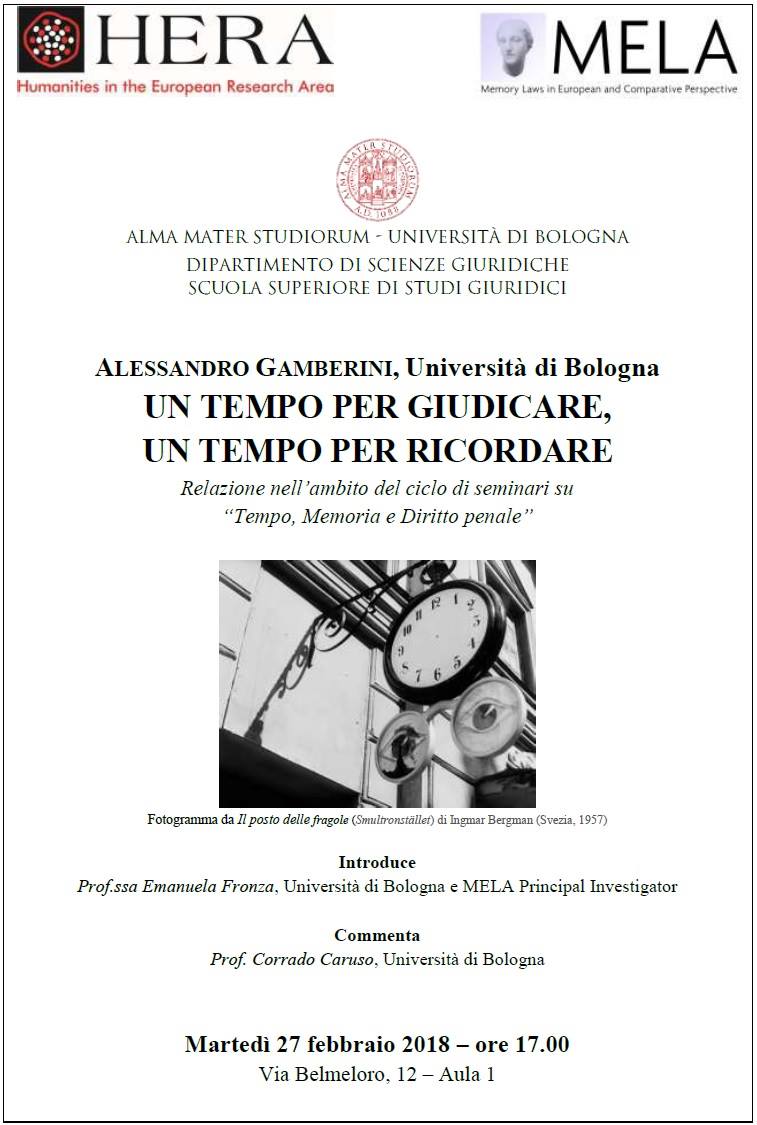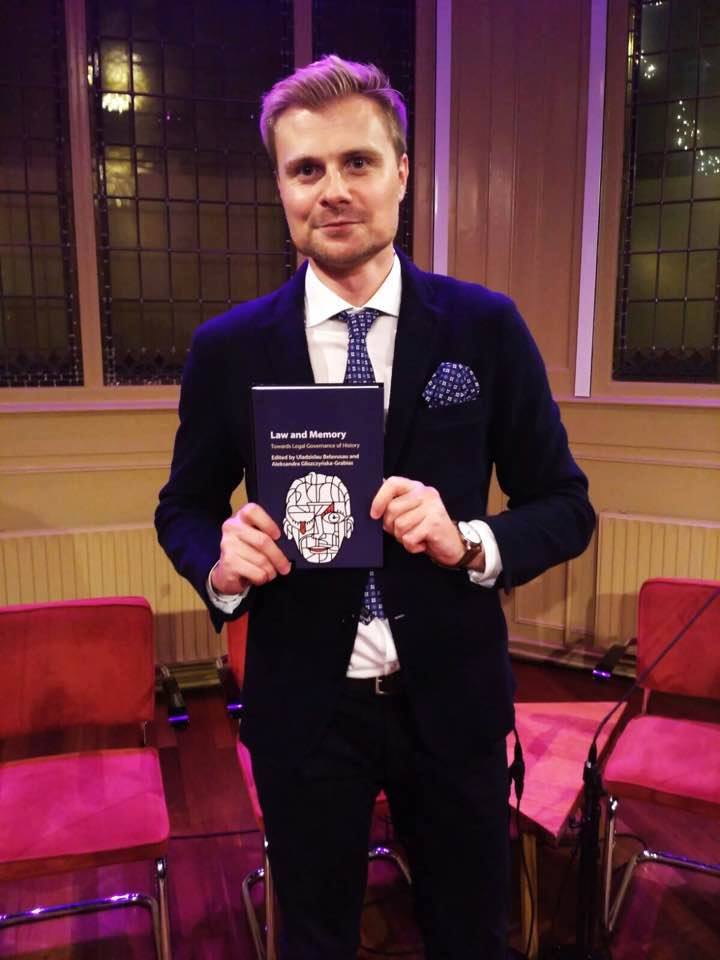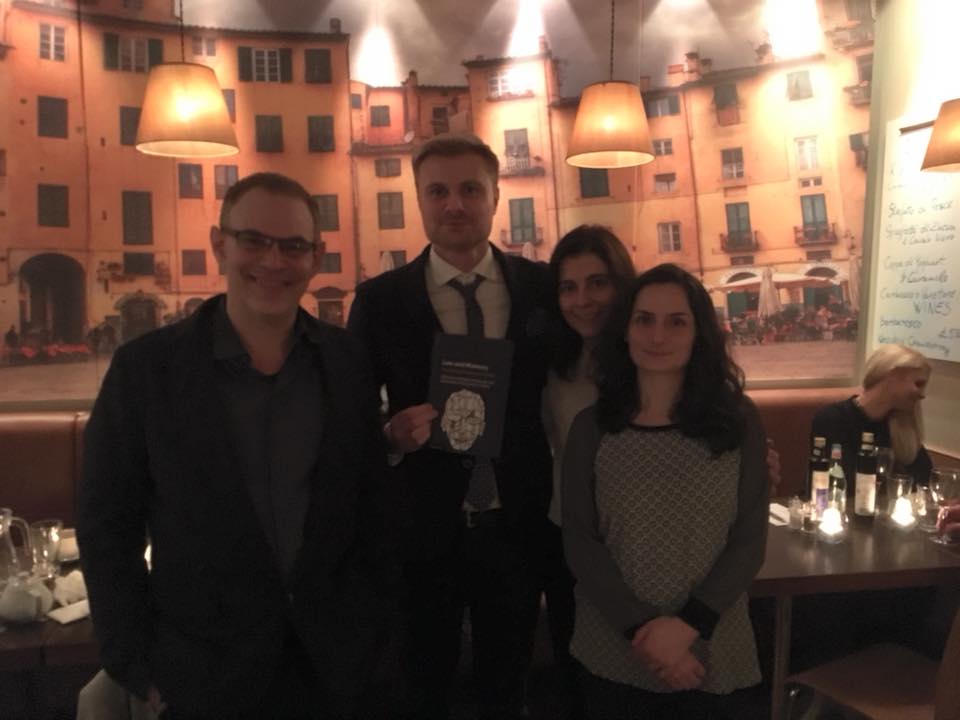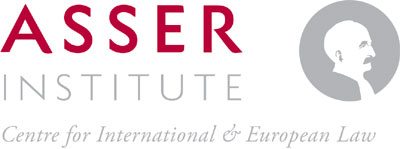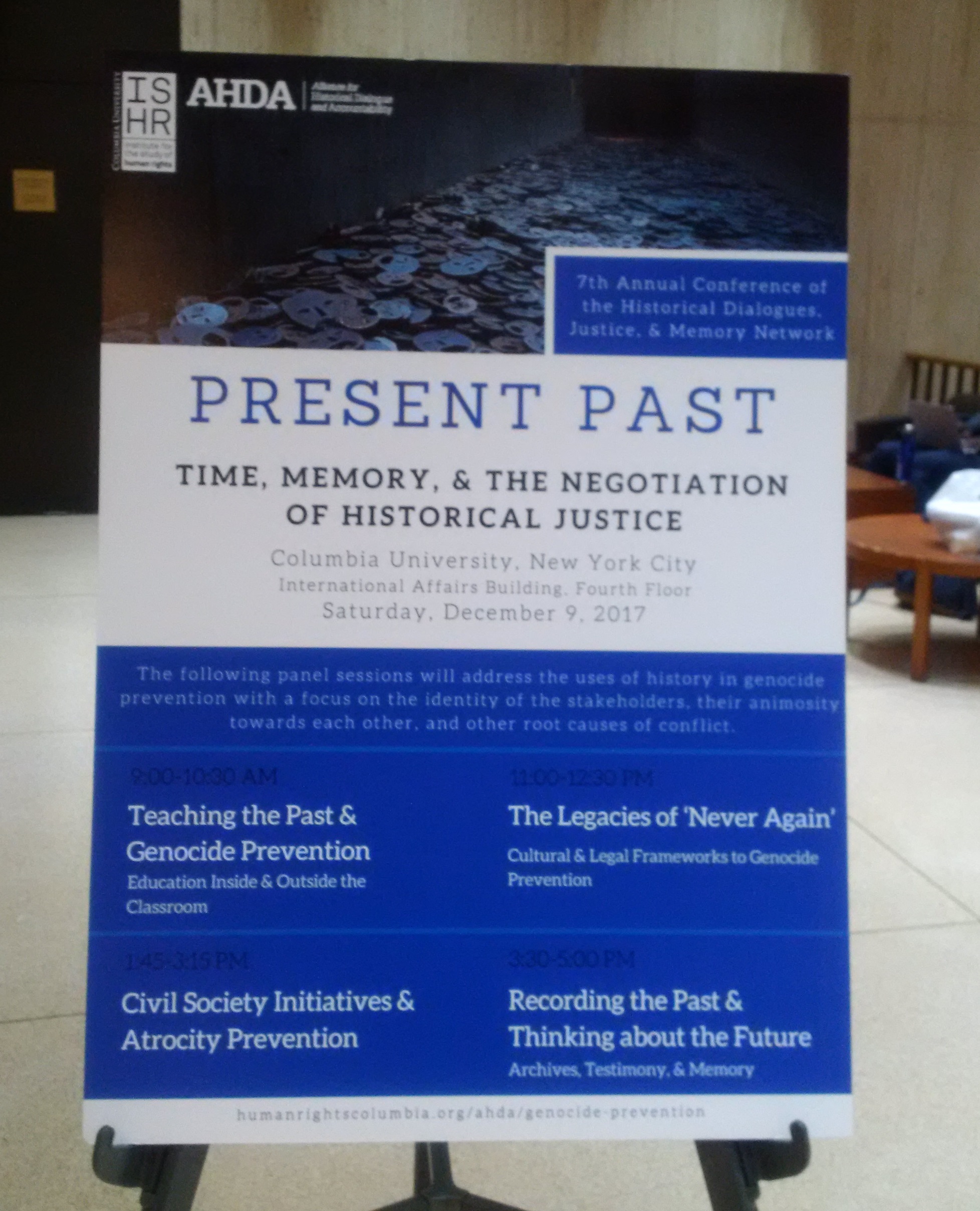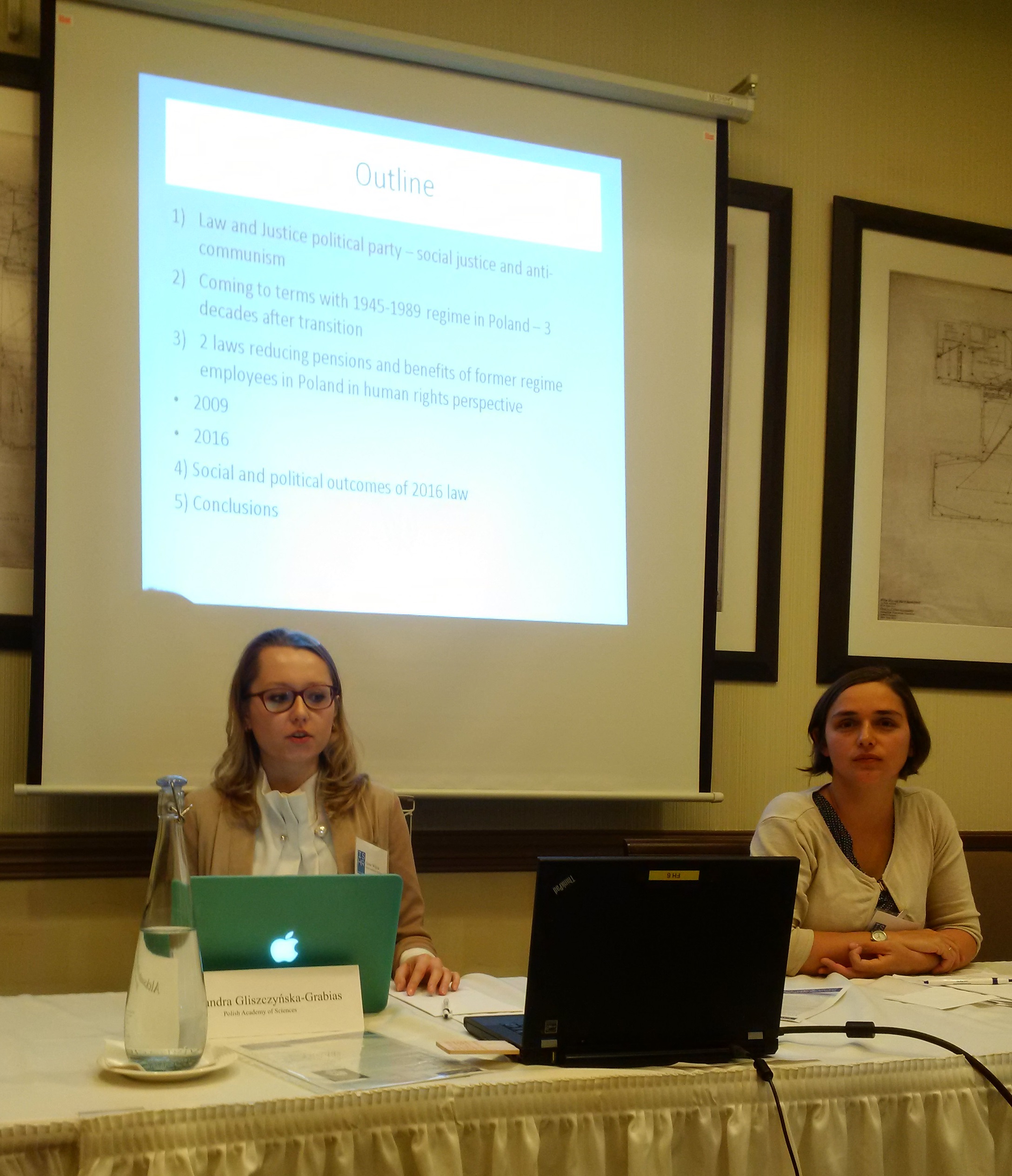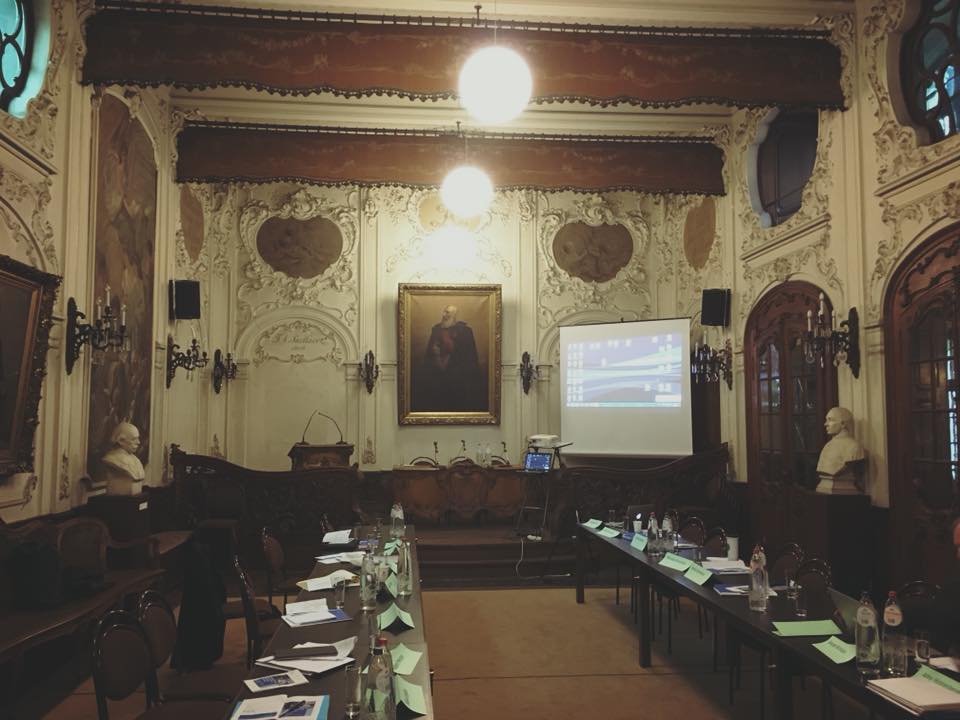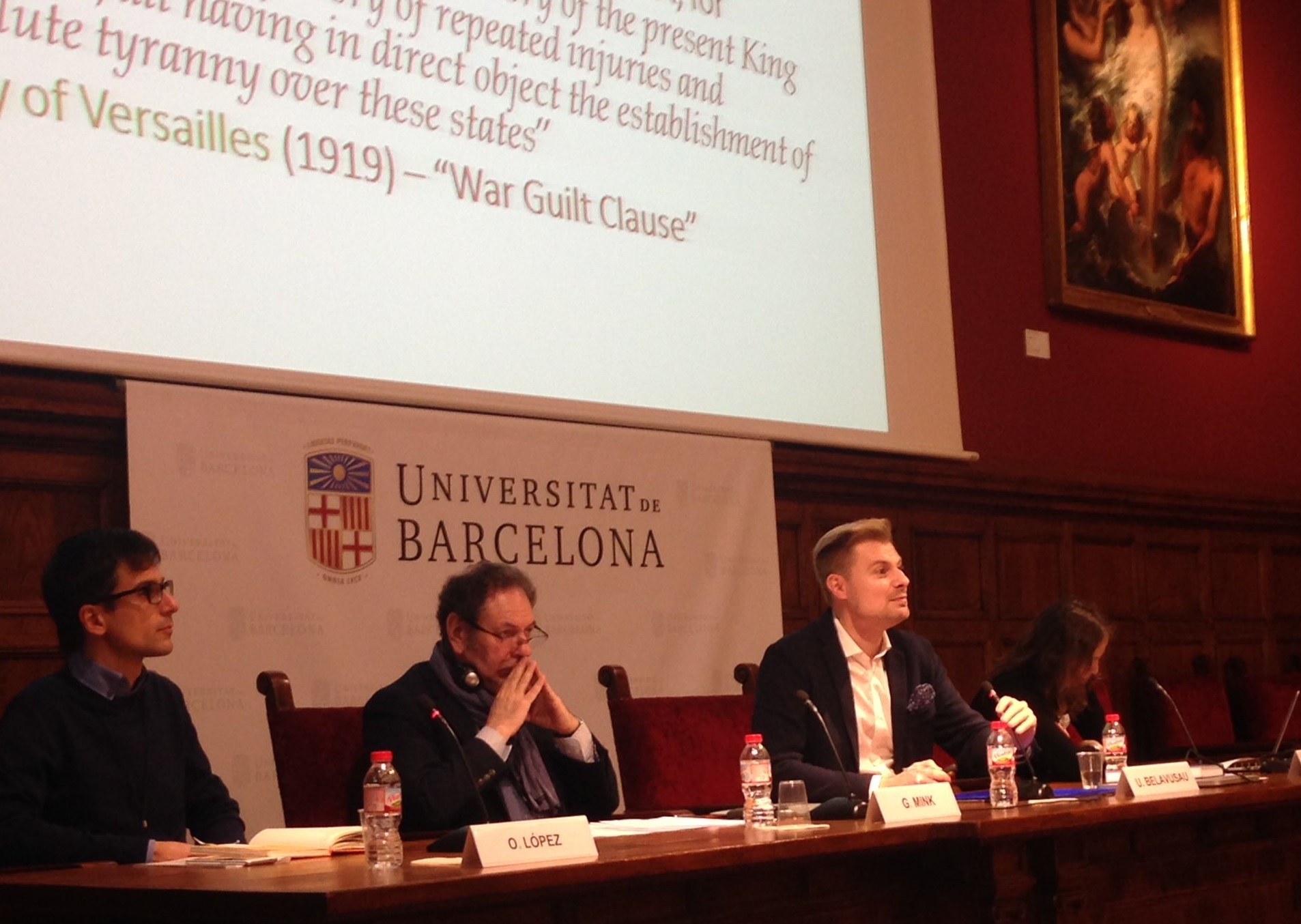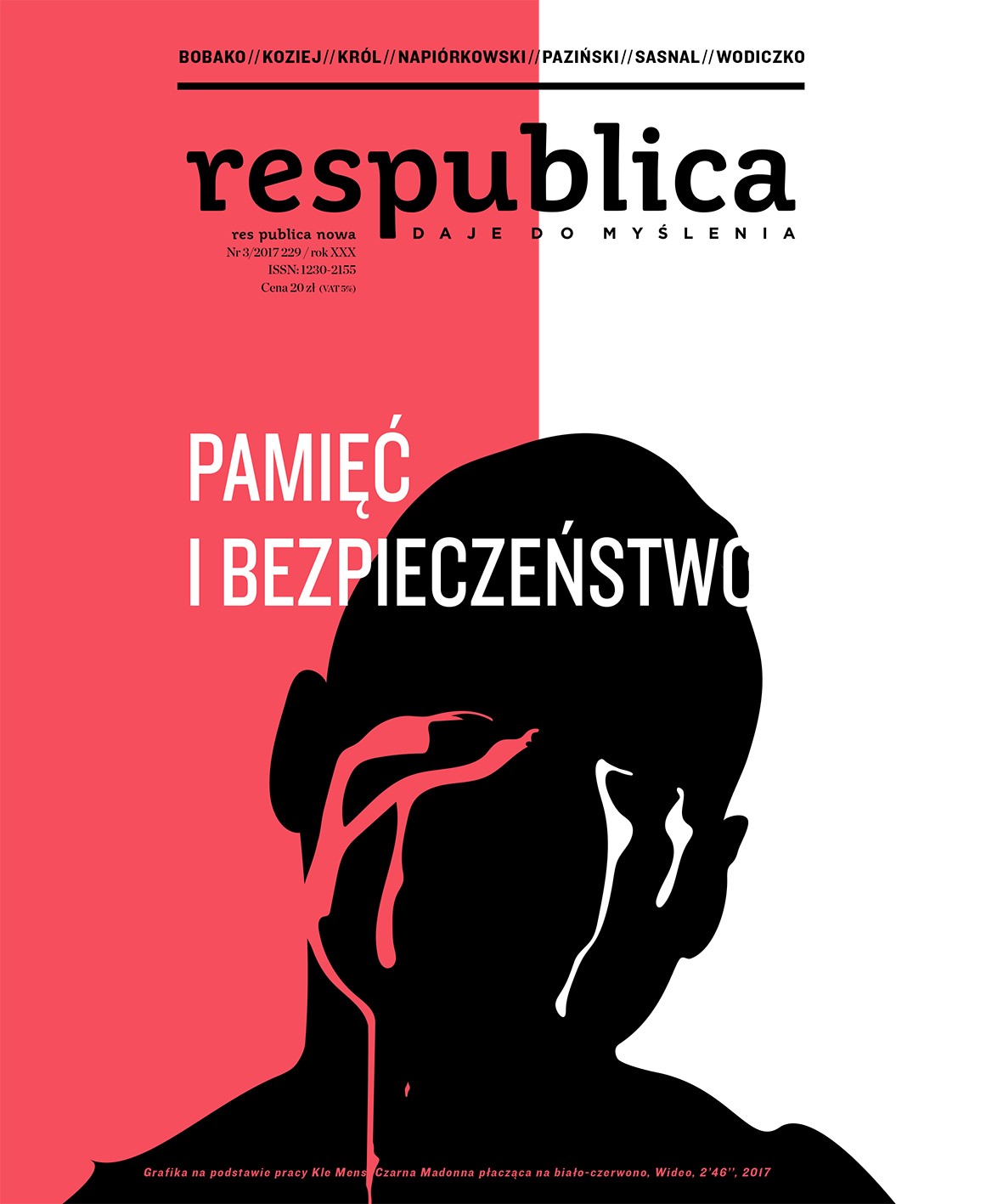On 3 April 2018, with the support of the Berkeley Center for the Study of Law and Society, the Miller Institute and the Asser Instituut, Dr Uladzislau Belavusau has organized the workshop 'Legal Governance of Historical Memory in Comparative Perspective' at UC Berkeley. With the participation of Prof Eric Heinze, Dr Grażyna Baranowska, Marina Bán and several renowned international scholars who work on memory laws, the workshop debated the use of memory laws throughout the world with a panels dedicated to comparisons between European and US issues and the memory laws of Central and Eastern Europe. In addition, a wider perspective towards developments in Asia and South America has been discussed as well.
